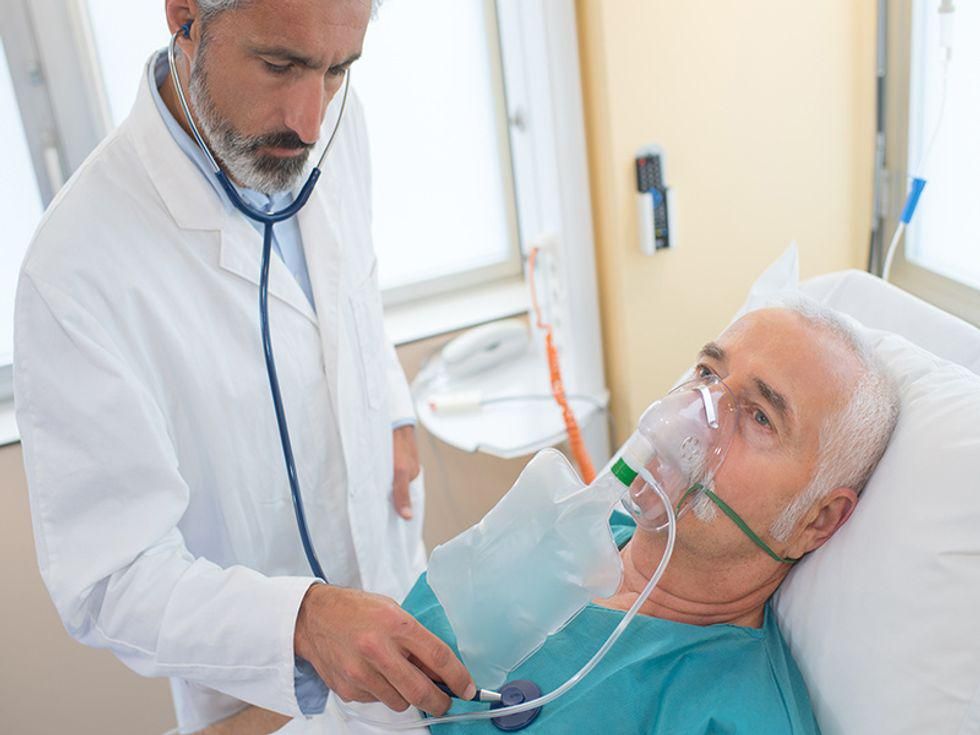
Low testosterone levels may increase men’s risk of severe COVID-19, according to a new study.
On average, men fare worse with COVID-19 than women.
“During the pandemic, there has been a prevailing notion that testosterone is bad. But we found the opposite in men,” said senior study author Dr. Abhinav Diwan. He’s professor of medicine, cell biology and physiology at Washington University School of Medicine in St. Louis.
“If a man had low testosterone when he first came to the hospital, his risk of having severe COVID-19 — meaning his risk of requiring intensive care or dying — was much higher compared with men who had more circulating testosterone,” Diwan said. “And if testosterone levels dropped further during hospitalization, the risk increased.”
Diwan’s team measured blood levels of several hormones in 143 men and women hospitalized with COVID-19. Samples were taken at days three, seven, 14 and 28, depending how long the patients were in the hospital.
Besides testosterone, the researchers measured levels of a hormone called estradiol and the growth hormone IGF-1, which is similar to insulin and plays a role in maintaining muscle mass.
Among women, there was no correlation between levels of any hormone and COVID-19 severity. Among men, only testosterone levels were linked to COVID-19 severity.
A blood testosterone level of 250 nanograms per deciliter (ng/dL) or less is considered low testosterone in adult men. At hospital admission, average testosterone levels were 53 ng/dL in men with severe COVID-19 and 151 ng/dL in men with less severe disease.
By day three, the average testosterone level of the sickest men was 19 ng/dL. The lower the testosterone levels, the more severe the disease, and patients with the lowest testosterone levels were most likely to go on a ventilator, need intensive care or die, the study authors said in a school news release.
Of the 37 patients who died, 25 were men, according to the findings published online May 25 in JAMA Network Open.
“Lower testosterone levels seemed to predict which patients were likely to become very ill over the next few days,” said first author Dr. Sandeep Dhindsa, an endocrinologist at Saint Louis University.
Men with low testosterone who weren’t severely ill to begin with were likely to need intensive care or intubation over the next two or three days, the researchers said.
The investigators are now exploring whether there is a link between sex hormones and heart outcomes in long-haul COVID-19, when symptoms linger over many months.
Diwan said, “We also are interested in whether men recovering from COVID-19, including those with long COVID-19, may benefit from testosterone therapy. This therapy has been used in men with low levels of sex hormones, so it may be worth investigating whether a similar approach can help male COVID-19 survivors with their rehabilitation.”
More information
The U.S. Centers for Disease Control and Prevention has more on COVID-19.
SOURCE: Washington University School of Medicine in St. Louis, news release, May 25, 2021
Source: HealthDay

Leave a Reply